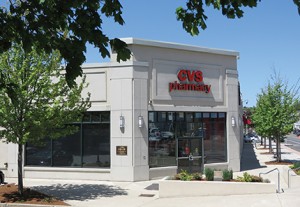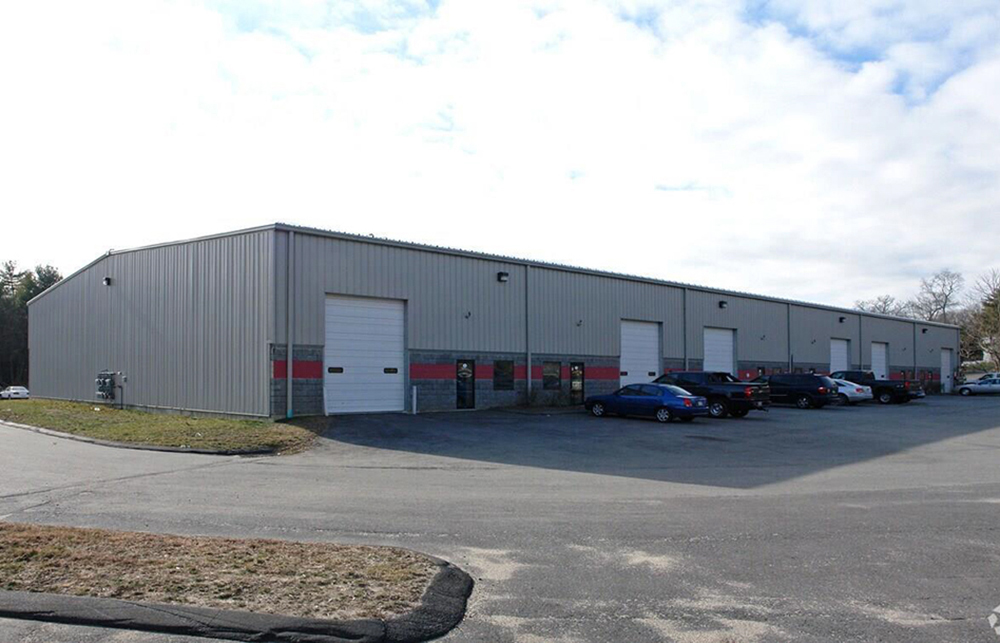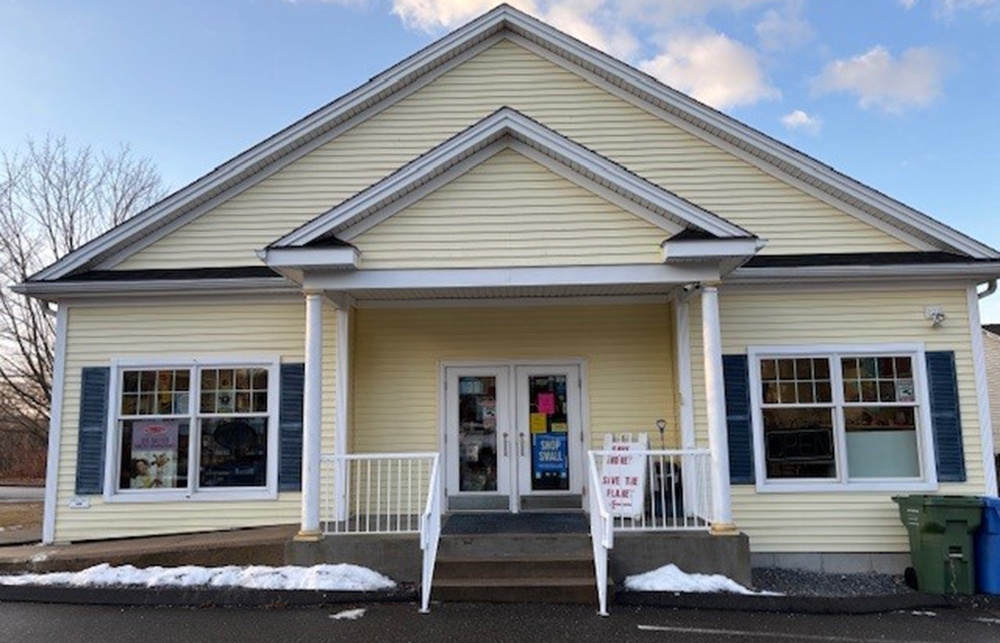Griffin, Millerd, Smith and Penman of NGKF broker $14 million sale
 CVS - Belmont, MA
CVS - Belmont, MABelmont, MA Newmark Grubb Knight Frank’s (NGKF) U.S. head of capital markets Robert Griffin, executive managing director Geoffrey Millerd, managing director Justin Smith and associate director Paul Penman, formerly of Cushman & Wakefield, completed the sale of CVS | Belmont to Copley Investments for $14 million. The team oversaw the transaction of the CVS-anchored asset on behalf of K&R Realty Trust.
The institutional quality offering includes a 14,195 s/f CVS/pharmacy and 5,300 s/f of inline space leased to Mount Auburn Hospital. The transaction also included an adjacent two-family residential building.
“CVS | Belmont’s excellent frontage along Trapelo Road and the extensive parking field of the site are key competitive advantages,” said Smith. “As Trapelo Road undergoes its current transformation into a walkable, pedestrian-friendly thoroughfare, the property that was once home to the Kendall family’s Volkswagen dealership is still one of the most desirable pieces of real estate along the corridor.”
Trapelo Rd., running through both Belmont and neighboring Waltham, features traffic counts of approximately 15,200 vehicles per day. The property benefits from one, three and five-mile population counts of 27,800, 208,500 and 633,700 people, respectively.
“Home to the sole pharmacy in the immediate area, CVS | Belmont boasts limited competition in a high barrier to entry market,” said Millerd. “Combined with the asset’s exceptional location, this secures the offering’s premier status as a strong community staple for years to come.”
RapDev leases 17,587 s/f at 501 Boylston St. - lease brokered by JLL


End of the year retail thoughts - by Carol Todreas

Newbury Street: Boston’s timeless retail gem thrives in a modern era - by Joseph Aquino
Boston’s iconic Newbury St. continues to thrive as one of the most vibrant and compelling retail corridors in the United States. Nestled in the heart of the Back Bay, this historic St. has evolved into a powerhouse of high-St. retail, where luxury meets lifestyle and legacy brands coexist with up-and-coming names. With its European charm, diverse architecture, and unmatched foot traffic, Newbury St. remains a dynamic reflection of Boston’s energy, culture, and economic strength.

Placemaking and retail in 2024 - by Carol Todreas
Placemaking. That is the word for 2024. While the concept has historical precedence in urban development, it became part of our current culture in the 1960’s when urbanists started to think about cities for people, not just cars.

Retail / tariffs / uncertainty and (still) opportunity - Carol Todreas
As new tariffs continue to impact the global economy, retail businesses and investors are grappling with heightened uncertainty. From new high tariffs to supply chain issues to evolving consumer behaviors, continual changes are making it as or more challenging than the pandemic years. Yet, amidst this turbulence,













.png)
